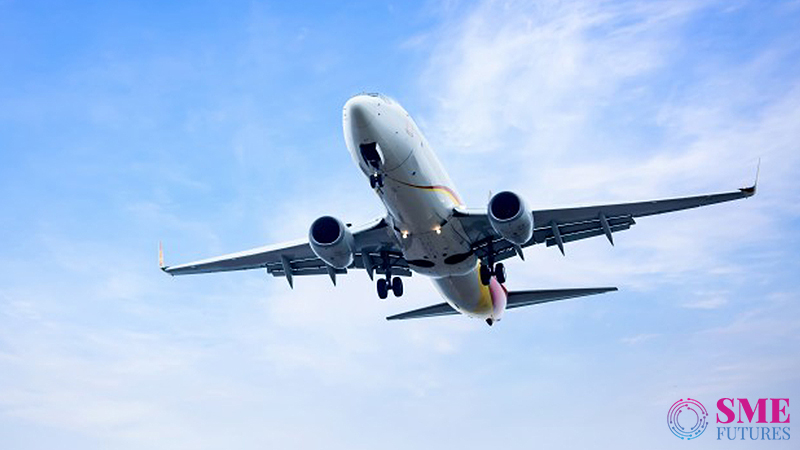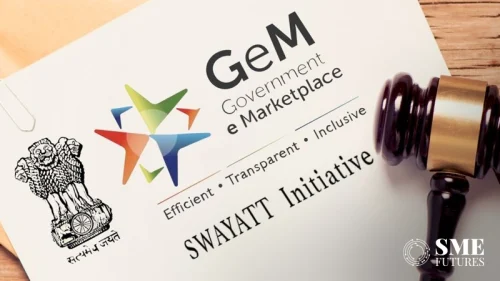Low base, along with rising leisure travel and gradual opening up of corporate offices, will accelerate the growth of domestic air passenger trafficin FY22, said ratings agency ICRA.
ICRA expects a robust YoY growth of 78 per cent in domestic air passenger traffic and 164 per cent in international air passenger traffic, “assuming non-availability of Covid-19 vaccine on a wide scale up to H2 CY2021”.
However, this growth will still be significantly lower than even FY2016 levels, ICRA said in a statement.
But, if a vaccine is launched earlier with reasonable availability, then domestic air passenger traffic could witness a further upside in FY22, said the ratings agency, adding that an estimated growth of 93 per cent can be witnessed.
According to Kinjal Shah, Vice President, ICRA: “With an improvement in passenger traffic in FY22, ICRA expects the Indian aviation industry to report a YoY growth of 57 per cent in revenues, with the industry’s net loss reducing to Rs 146 billion from an estimated net loss of Rs 210 billion in FY21.”
“The debt levels will remain high for the industry and are estimated to be range bound at around Rs 500 billion (excluding lease liabilities) in FY21 and FY22, with the industry requiring an additional funding of Rs 350-370 billion over FY21 to FY23.”
She added that despite an improvement in the credit metrics, industry’s balance sheets will remain stressed in FY22.
“The recovery in domestic air passenger traffic is contingent on five factors – containment of the spread of Covid-19, which in turn is dependent on the development of a vaccine and its wide availability, willingness of consumers to undertake leisure travel, recovery in macroeconomic growth, which in turn impacts consumer sentiments and ability to travel, Central and various state government-mandated travel restrictions and quarantine norms, and recovery in business travel,” the statement said.
On the downside, it cited that continuous addition of fresh Covid-19 positive cases, and concerns over non-availability of a vaccine on a wide scale until H2 CY2021 will continue to impact consumers’ willingness to undertake leisure travel and even business travel as corporates continue their work-from-home policy.











